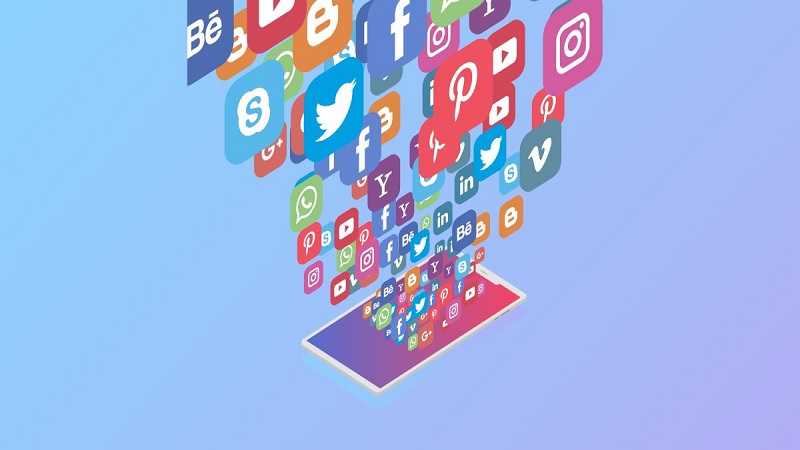 Image Courtesy:entrackr.com
Image Courtesy:entrackr.com
The Government of India has notified the Information Technology (Intermediary Guidelines and Digital Media Ethics Code) Rules 2021. The Ministry of Electronics and Information Technology (MEITy) issued a press release saying it had come up with these guidelines “amidst growing concerns around lack of transparency, accountability and rights of users related to digital media and after elaborate consultation with the public and stakeholders” and that the code has “been framed in exercise of powers under section 87 (2) of the Information Technology Act, 2000 and in supersession of the earlier Information Technology (Intermediary Guidelines) Rules 2011.”
Provisions for Social Media
When it comes to social media, MEITy says, “Social media platforms welcome to do business in India but they need to follow the Constitution and laws of India.” It further claims, “These Rules are a fine blend of liberal touch with gentle self-regulatory framework. It works on the existing laws and statues of the country which are applicable to content whether online or offline.”
But here’s where things get interesting. MEITy says, “Significant social media intermediaries providing services primarily in the nature of messaging shall enable identification of the first originator of the information that is required only for the purposes of prevention, detection, investigation, prosecution or punishment of an offence related to sovereignty and integrity of India, the security of the State, friendly relations with foreign States, or public order or of incitement to an offence relating to the above or in relation with rape, sexually explicit material or child sexual abuse material punishable with imprisonment for a term of not less than five years.”
While the desire to combat virtual violence against women and children is no doubt noble, the same tools can be used to curb political opposition. The use of the terms “offence related to sovereignty and integrity of India” and “the security of the State” give the government wide berth to use this provision to scuttle dissent. This also virtually legitimises a form of backdoor surveillance on these grounds.
It also says, “An intermediary upon receiving actual knowledge in the form of an order by a court or being notified by the Appropriate Govt. or its agencies through authorized officer should not host or publish any information which is prohibited under any law in relation to the interest of the sovereignty and integrity of India, public order, friendly relations with foreign countries etc.” This again raises concerns about freedom of expression.
Digital and OTT platforms
Rules and guidelines of a primarily self-regulatory nature have been laid down for digital and OTT platforms, that also include online news providers. These will be monitored by the Ministry of Information and Broadcasting (MIB).
Rules mandate self-classification of content into age-based categories. Also, when it comes to news, “Publishers of news on digital media would be required to observe Norms of Journalistic Conduct of the Press Council of India and the Programme Code under the Cable Television Networks Regulation Act thereby providing a level playing field between the offline (Print, TV) and digital media.”
The government justified the need for these rules saying, “There have been widespread concerns about issues relating to digital contents both on digital media and OTT platforms. Civil Society, film makers, political leaders including Chief Minister, trade organizations and associations have all voiced their concerns and highlighted the imperative need for an appropriate institutional mechanism. The Government also received many complaints from civil society and parents requesting interventions. There were many court proceedings in the Supreme C Court and High Courts, where courts also urged the Government to take suitable measures.”
The entire press release may be read here:
Related:
Unnao reports: Twitter handles of Barkha Dutt’s portal, 7 others booked
ED Raids & NewsClick: Weaponising law by Criminalising Free Speech
From Watchdog to Lapdog, Weaponisation of the India Media
Koo instead of Twitter: Is India becoming the next China?
Primary goals were surveillance and incriminating document delivery: Arsenal